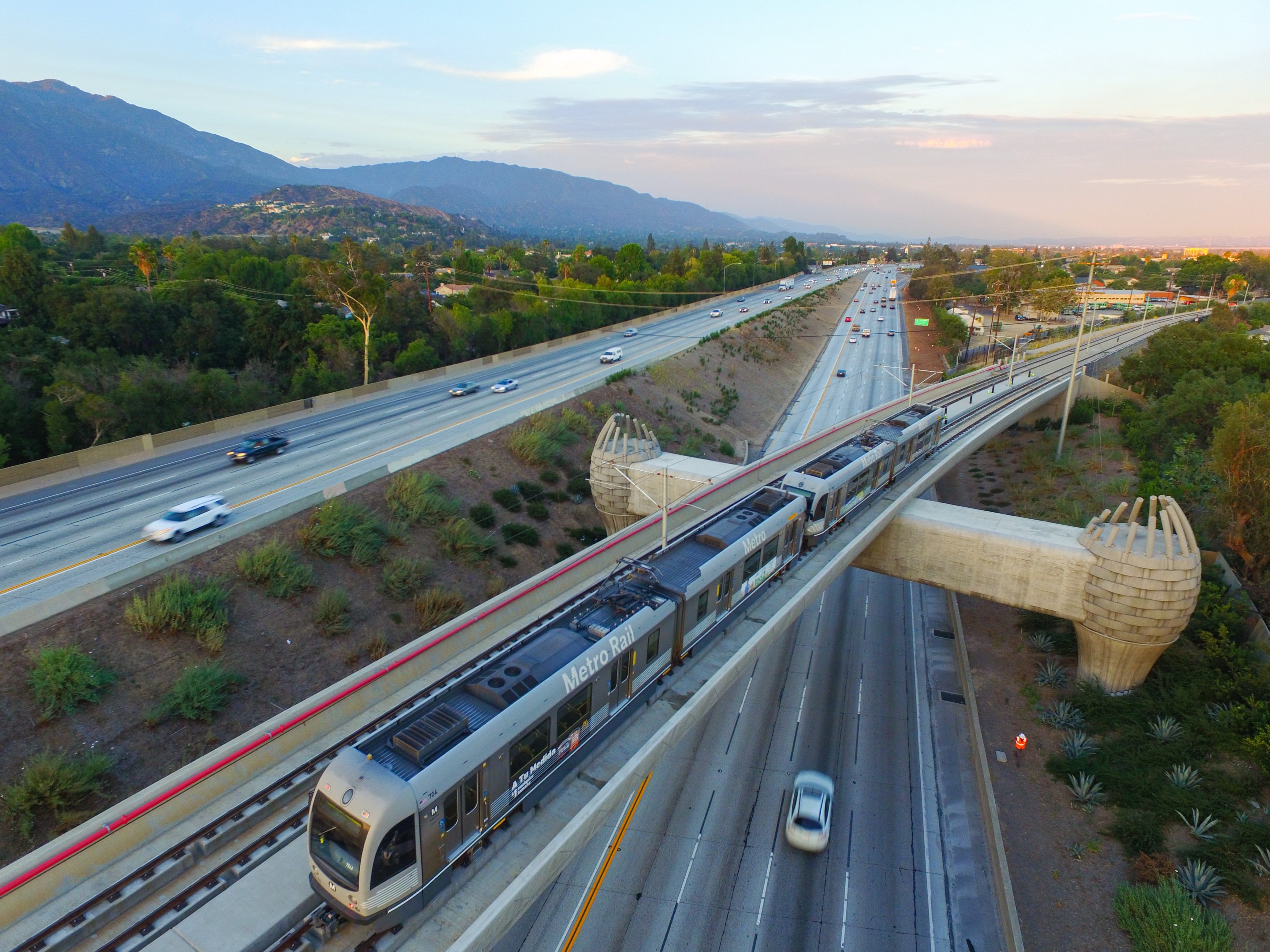In a press release issued today, Governor Newsom touted some $2 billion in funding that will be allocated by formula to California transit agencies. This is the same funding that the state had promised to deliver to agencies by April 30 - but that had suddenly been delayed by the administration on May 1.
While that was a move to contain spending while the state was deep in a budget hole, the freeze left transit agencies struggling to meet their own budget deadlines.
This current batch of funding - $1.9 billion - will go to 22 transit agencies, with the amounts based on regional populations. It will be used for projects ranging from rail extensions to electric bus charging infrastructure to service improvements and payment systems. The project list can be found on this PDF.
This is the first round of funding from 2023's Senate Bill 125, which should distribute a total of $5.1 billion over the course of several years (through 2028, barring other delays or freezes). About $500 million in additional allocations are expected to go out to the remaining transit agencies over the summer.
The funding is unusually flexible in that it can be used to pay for transit operations or capital improvements. Some of it is being distributed through the Transit and Intercity Capital Rail Program (TIRCP) and some through the Zero Emission Transit Capital Program.
S.B. 125 constitutes a "transit recovery package" that includes funding to help stabilize transit systems and retool operations. Note that multiple transit agencies in the state are currently undergoing service adjustment planning, among them Metrolink, AC Transit, and Santa Maria Regional Transit.
Meanwhile the 25-member Transit Transformation Task Force, called for by S.B. 125, has been meeting to discuss policies to help grow ridership and address long-term operational needs throughout the state. The task force has held four meetings so far, tackling general questions about service improvements, fare and schedule coordination among agencies, and safety and cleanliness.
The next meeting will be held August 29 at the offices of the Southern California Association of Governments (SCAG). More information can be found here.






